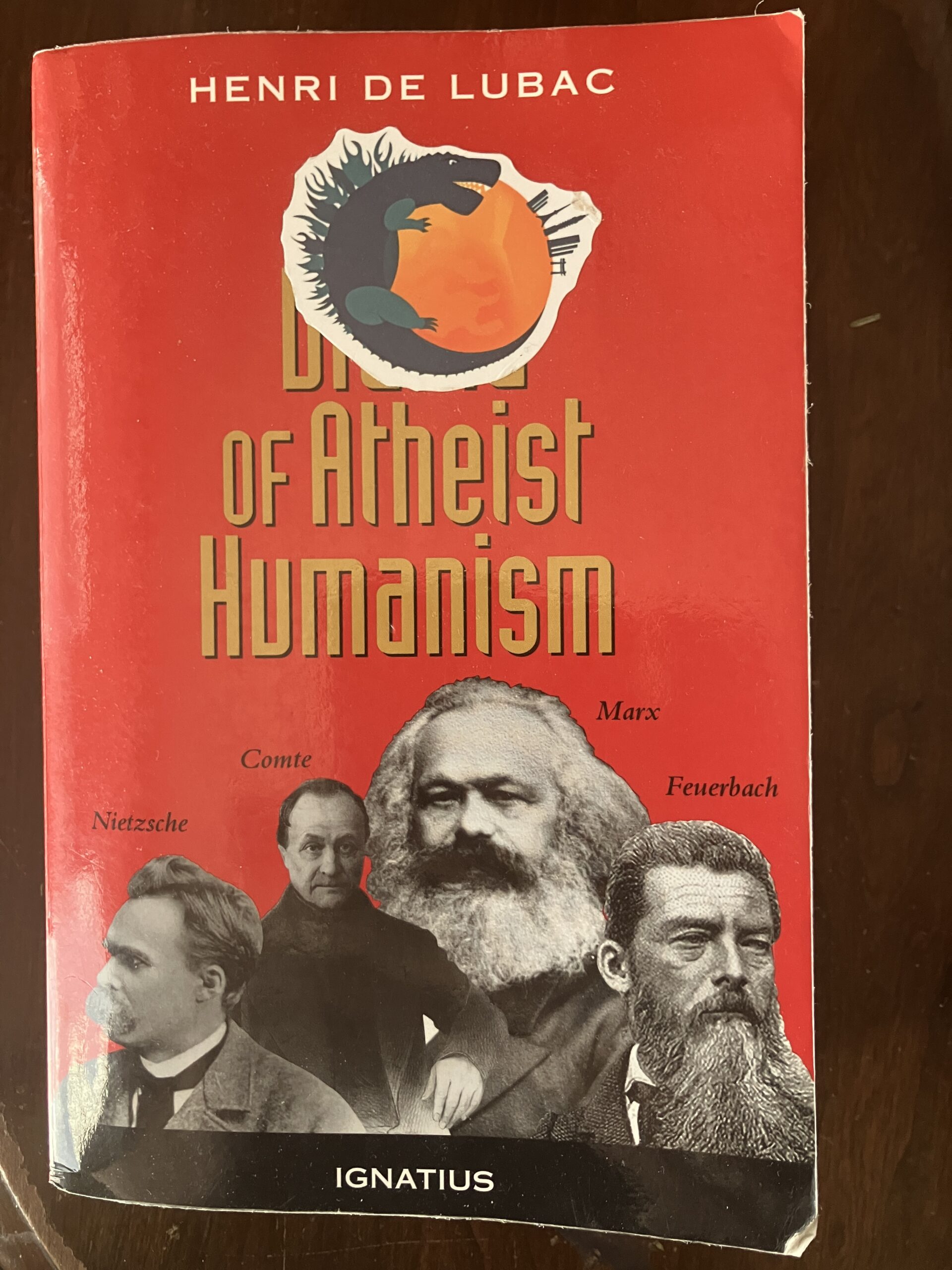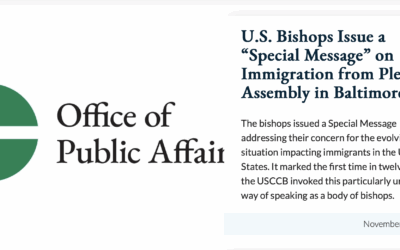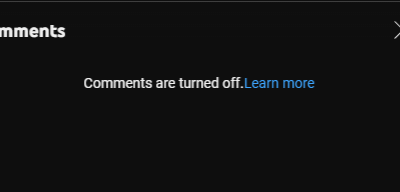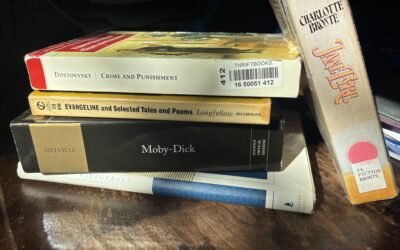by Henri De Lubac
Henri de Lubac wrote most of this book while living in Nazi occupied France. It traces the roots of the “New Atheism” back to its beginnings starting as far back as Georg Hegel. He brings the discussion forward with Feuerbach, Nietzsche, Marx and Comte. And it is a fascinating discussion! He gives each thinker a thorough and well-researched treatment of their ideas, how they came to them, the environment of ideas they each lived in, how their philosophies evolved over time and what sort of problems the ideas could (and have) lead to.
An interesting aspect of this book was how de Lubac, even when he didn’t agree with the majority of a thinker’s ideas or conclusions, did not hesitate to express when he thought the thinkers were right. Even and especially when they were right about the hypocrisy of believers. (His remedy against believers being accused of hypocrisy was to suggest that believers should live as though they actually believed and not profess that they believed and yet lived however they chose).
Where does Dostoevsky have a place in this drama? De Lubac saw Dostoevsky as an antidote to the perceived natural progression to atheism. Dostoevsky, particularly with Nietzsche, shared the atheist’s disgust with many of the things that were going on in the world around him. Where he and Nietzsche parted was that Dostoevsky chose the road of belief. The chapters on the Russian novelist’s work were some of my favorites of the book and I think De Lubac made a good case that Dostoevsky was a prophet.
I have no background in philosophy aside from one community college class 20 years ago. For instance, I’d never even heard of Auguste Comte until I’d read this book. Despite my ignorance of philosophy, I found this book to be very instructive and accessible. De Lubac had a gift for making the complicated obtainable for simple folk like myself. Though, if I still had questions, Ignatius Press did a book club (Formed Book Club) on this book that provided lively discussion and any help I needed with some of the more complicated stuff.
This was an excellent book that, ideally, should be read by everyone alive today. It was a very good primer on atheist humanistic philosophies – the fruits of which – we are seeing in every aspect of our culture.
This quote from the preface perfectly sums up the book. “It is not true, as it is sometimes said, that man cannot organize the world without God. What is true is that, without God, he can ultimately only organize it against man.”





0 Comments